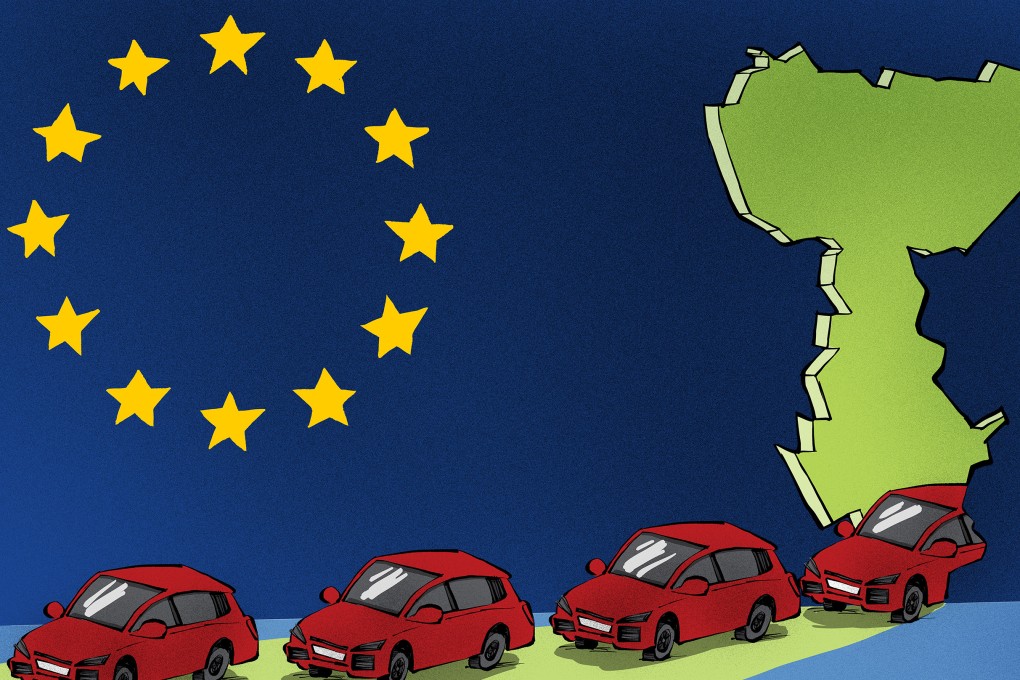Advertisement
Opinion | Xi’s European tour: why Hungary and Serbia are the important stops
- The Xi-Macron meeting will make a splash but Chinese EV and battery manufacturers’ plans in Hungary and Serbia are also shaping the China-EU dynamic in important ways
Reading Time:3 minutes
Why you can trust SCMP
0

Chinese President Xi Jinping’s Paris visit next month is set to capture the political centre stage for his European tour, but his expected trips to Central and Eastern European states will be no less significant for the dynamics of the China-Europe relationship.
Talks between Xi and France’s President Emmanuel Macron are likely to focus on persuading China to reduce its growing trade and industrial ties with Russia – an economic partnership that Western governments are concerned is bolstering Russia’s military industrial complex in its conflict with Ukraine.
Xi’s visit comes as Brussels ramps up trade measures against China, which has slammed the moves as “naked protectionism”. European Union President Ursula von der Leyen asserts that China’s green technology subsidies, allegedly spanning a broad range of industries from electric vehicles (EVs) and lithium-ion batteries to wind turbines, constitute unfair competition.
In a move seen as a counterbalance to the inevitable political pressure from Paris and amid the economic threats from Brussels, Xi reportedly plans to also visit Hungary and Serbia during his European tour.
The leaders of both countries are among the most ardent European advocates of China’s Belt and Road Initiative. Hungary’s Prime Minister Viktor Orban and Serbian President Aleksandar Vucic were the only two European heads of state at China’s third Belt and Road summit last year, which was also attended by Russian President Vladimir Putin.
Back in 2012, Hungarian capital Budapest hosted the founding of the China-CEEC cooperation mechanism to promote the Belt and Road Initiative and cooperation with 16 Central and Eastern European countries. Greece’s membership in 2019 made it “17+1”. Collaboration foundered during the pandemic and after the Ukraine crisis broke out, Estonia and Latvia left the group, a year after Lithuania did the same.
Advertisement
Select Voice
Choose your listening speed
Get through articles 2-3x faster
1.1x
220 WPM
Slow
Normal
Fast
1.1x
